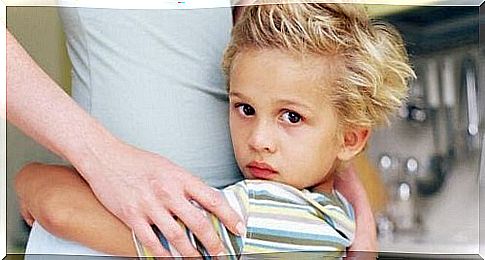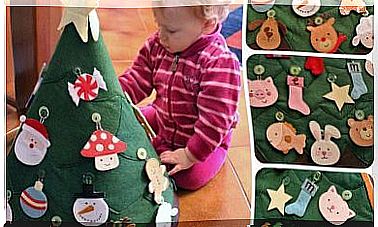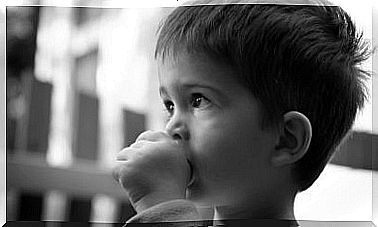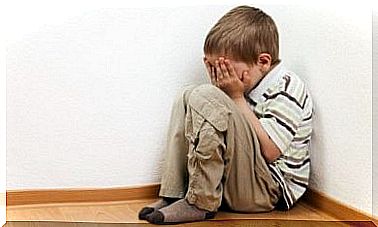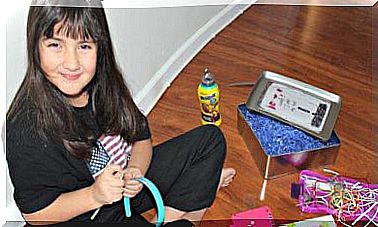The Fear Of Being Alone In Children
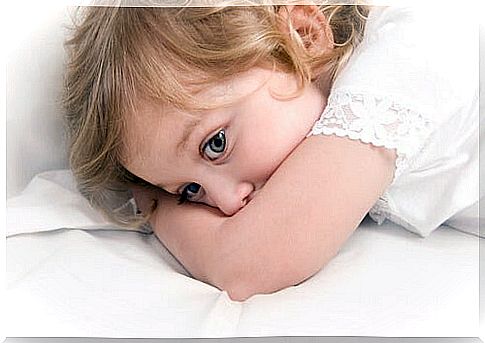
From a very young age, emotions surface and are part of us throughout life. They give us the necessary keys to solve the problems that arise along the way.
Therefore, today we will focus on the fear of being alone in children. A sensation that, whether real or imagined, allows us to avoid danger and act with caution.
When does the fear of being alone appear in children?
Primary emotions are innate. It is an emotion that, although in the first instance is complicated, is necessary for survival and is acquired from direct experience.
The main reason for this statement is that it allows you to be safe in extreme risk situations that arise in life. The feeling of terror varies depending on the age and type of children, as some are prone to being more fearful than others.
Normally, this fear of being alone tends to occur in children between 2 and 4 years of age. This fear appears associated with other types of fears, such as animals, masks, the dark or costumes, among others.
However, this fear, which appears as usual, is proven to gradually disappear over the years. They try to feel older when they see that they are capable of doing things for themselves.
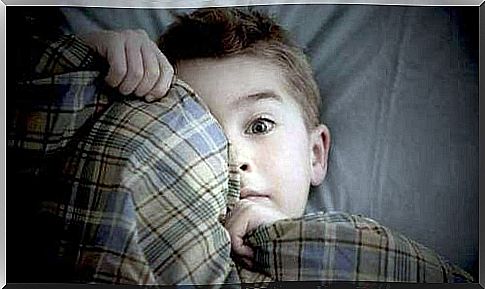
How to help children when they are afraid of being alone?
These are some of the tips that are proposed to put aside that fear that invades some children:
- Let them start playing alone in their room, without our continued support.
- Allow them to do chores without company. Simple things like going to buy bread or to school. As long as we let them know that they feel supported by someone.
- Tell them what the new experience they are going to face will be like. For example, through a story.
- Ask and talk with the child about what is bothering him.
- Teach him to be the owner of his emotions, to control them properly.
- Don’t face your fear. This can cause anxiety and distress.
- Don’t downplay what happens to you. It is necessary to make it clear that we cannot prevent them from arising depending on what type of emotions. All human beings have the right to show what happens to us, even fear.
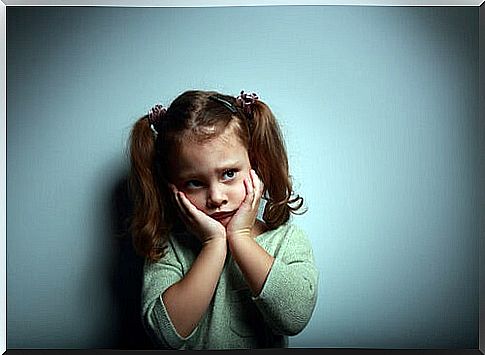
How do children react when they are afraid?
When they are babies they can react with startles or crying; later, in addition to crying, they try to avoid the source of fear at all costs and seek the company of an adult to protect them.
Sometimes they simply experience some change in their habitual behavior; for example, they may show some regression in their habits, going back to peeing on the bed or sucking their thumb when they have stopped doing it.
Fears are not a cause for great concern, but they are so intense and persistent that they negatively affect the child’s development, their daily life or their studies, and the family, despite their efforts, does not know how to handle the situation , it would be wise to visit a professional.
The fear of being alone in children can be difficult to overcome when the person is held tightly, especially when they are children. When someone sees that they have to figure things out on their own, with hardly anyone to support them or show them the steps to take, they will learn that they are capable.
If they always have someone to do it for them, they can settle in waiting for someone else to solve their problems.
However, this can also be enriching for children, because as fear disappears, it will become a feeling of strength and know-how. It will provide them with the necessary resources to face everything that comes their way.
